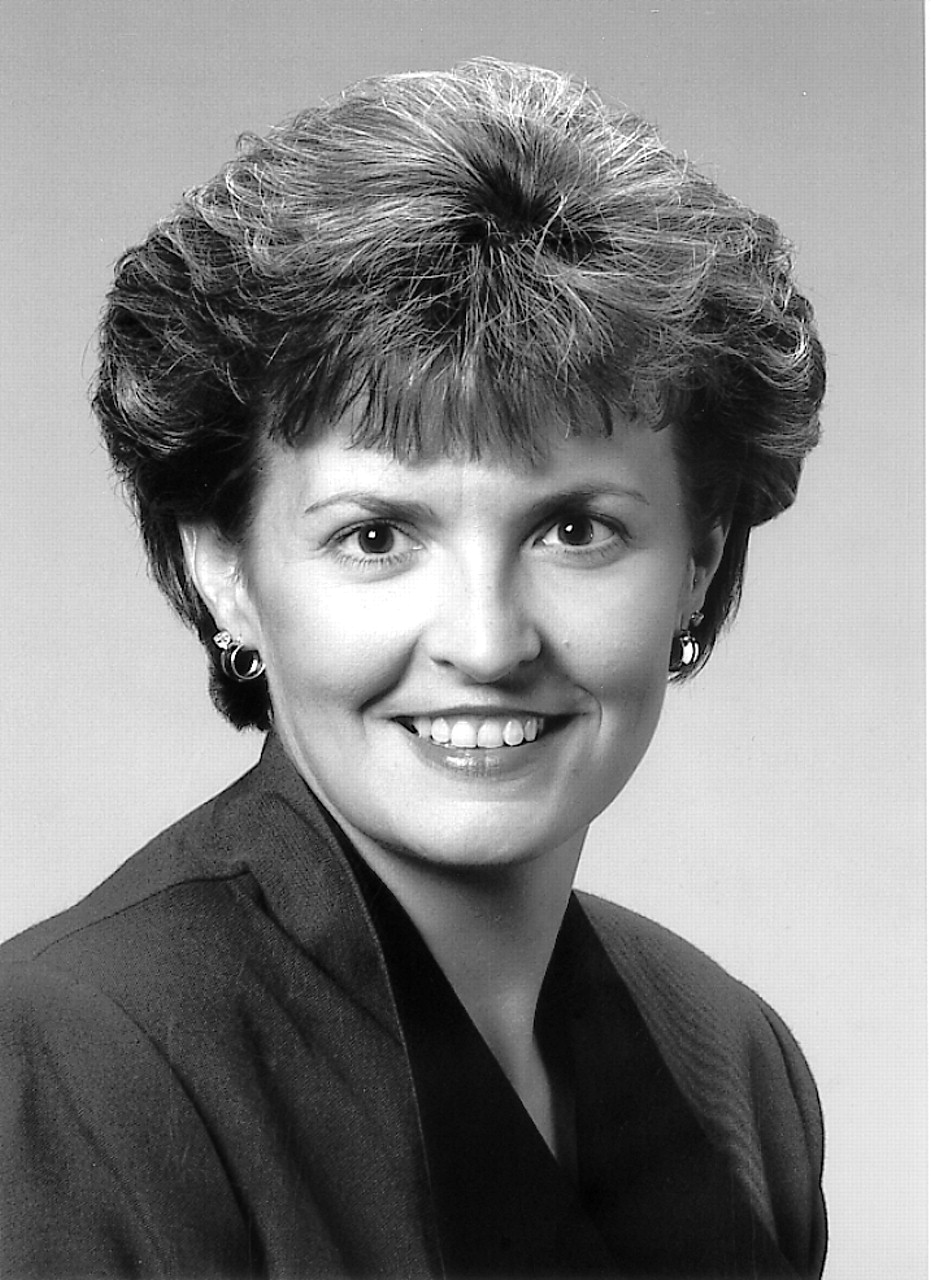Candidate for Member-in-Training Trustee-Elect
About the Candidate

Member-in-Training
http://mywebpage.netscape.com/angieharpermd/index.htm
| •. | General Psychiatry Resident, Palmetto Health Alliance/University of South Carolina School of Medicine, 2000- | ||||
| •. | Member-in-Training Representative, South Carolina Psychiatric Association, 2001- | ||||
| •. | Private Psychiatric Practice, Office Manager, 1989-95 | ||||
| •. | New Jersey Healthcare Foundation Humanism in Medicine Award, 2000 | ||||
| •. | University of South Carolina School of Medicine Clinical Psychiatry Award, 2000 | ||||
| •. | Resident Advisor, University of South Carolina School of Medicine Psychiatry Interest Group, 2000- | ||||
Candidate’s Views
My entry into the field of psychiatry is quite unique. I was born and raised in the Midwest. After obtaining an associate degree in medical assistance, I married and then moved to South Carolina. I went to work as an office manager for a psychiatric practice in Greenville, S.C., in the late 1980s. I quickly came to understand that many patients were embarrassed about their psychiatric illness and enormously valued their confidentiality. I watched and experienced the arrival and infusion of managed care into a private psychiatric office for over six years. The doctor I worked for became increasingly worried and preoccupied with paperwork, preauthorization rules, and what seemed like constant micromanagement of what he felt was best for his patients. It is because of this experience that I developed a unique perspective on the practice of psychiatry, long before I even went to medical school.
After many years of hard work, I finally made my own dream of attending medical school and becoming a psychiatrist a reality. I attended my very first APA annual meeting in 2001 as a PGY-1. My initial impression was one of overwhelming awe. I made a decision at this meeting that I wanted to become more involved with APA and considered ways in which I might do so.
I volunteered and was chosen as the MIT representative for the South Carolina Psychiatric Association. My goal for the year was to obtain 100 percent resident enrollment in APA. As I begin my career, I feel that I have a unique advantage over other residents in my understanding of the day-to-day workings of a private practice. It is this unique experience that I will bring to APA. So often, medical school and residency shelter new physicians from the realities associated with medical practice. We are insulated from the harshness of managed care, patient confidentiality violations, and stigmatization of our patients. I think that some residents believe that “this doesn’t affect me yet” and therefore feel that they have plenty of time to get involved. Many don’t realize that the time to get involved is now—before we are out on our own trying to balance a family and a medical practice and advocate for our patients.
If I am elected to the position of MITTE, my goal will be to focus on the issues that I feel impact psychiatry residents and APA today. First, I will focus on greater resident participation, which might be addressed through a more visible national mailing system led by the district branch MIT representatives and overseen by the MITs serving at the national level. Second, I believe that we need to work on a more prominent advocacy plan for destigmatization of mental illness. This may be accomplished by greater resident participation with consumer-based organizations and more focus on public service announcements that would educate the public about mental illness and the treatment options available. Third, we must continue to recruit the best and brightest applicants for residency training in psychiatry. Faculty cannot bear the responsibility of recruiting alone. Residents must step forward to ensure that we actively compete with other specialties and are available to medical students to share the rewards that our specialty affords us. This can be accomplished by setting up new psychiatry interest groups in medical schools and bolstering already existing ones. Residents also need to work on acquiring good teaching skills as they work with students in their medical clerkships. We are our own best advertisements.
Additionally, I am concerned about the problems that we face while performing our jobs in difficult situations, such as crowded emergency rooms, decreased inpatient bed availability in state facilities, and inadequate treatment options available to our patients. Finally, I would advocate for increased testing sites for the clinical skills assessment exam currently being required for international medical graduates and, in the coming years, for all medical graduates.
Whatever the outcome of the election, I look forward to my continued participation in APA. I feel that the field has a bright future but can always be further enhanced by individuals who have the enthusiasm and vision to carry it forward. Thank you for your consideration.
Primary Loci of Work and Sources of Income
Work: 100%—Palmetto Health Alliance/University of South Carolina School of Medicine General Psychiatry Residency Program
Income: 100%—Palmetto Health Alliance/University of South Carolina School of Medicine General Psychiatry Residency Program



